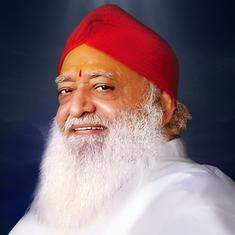On Thursday, Army chief Bipin Rawat dived squarely into the Citizenship Amendment Act debate. Ignoring service rules that prohibit Army personnel from making political remarks, Rawat criticised the protests taking place against the new law across India.
“Leaders are not those people who lead people in inappropriate directions,” he stated at an event in New Delhi. “As we are witnessing in a large number of university and college students, the way they are leading masses of crowds to carry out arson and violence in our cities and towns. This is not leadership.”
What does this violation of the Army Rules by the serving chief of the force say about his leadership qualities? Rawat has often hailed the discipline of his soldiers. Even on Thursday, he expressed his gratitude to the soldiers suffering the glacial cold of Siachen to protect India’s borders. While Rawat clearly appreciates military discipline, he seems to lack this essential quality himself.
The increasing politicisation of the armed forces is an alarming development. After all, Indians just need to look over the western border to understand what happens when the military meddles in political affairs. Pakistan offers a sobering example of a society whose democratic aspirations have constantly been subverted by its armed forces.
When an Army chief breaks the rules so nonchalantly, it strikes at the heart of the democratic balance established in the Constitution. Besides, advancing such misguided views about those protesting could have dangerous consequences. The Army is often called to establish the peace if the police are unable to control the situation. When the leader of the Army propagates imprudent views about a group of people, what message does this send to the soldiers who are expected to handle them on the ground?










